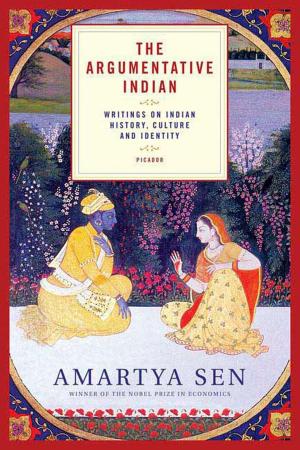| Author: | John Berryman | ISBN: | 9781466879621 |
| Publisher: | Farrar, Straus and Giroux | Publication: | October 21, 2014 |
| Imprint: | Farrar, Straus and Giroux | Language: | English |
| Author: | John Berryman |
| ISBN: | 9781466879621 |
| Publisher: | Farrar, Straus and Giroux |
| Publication: | October 21, 2014 |
| Imprint: | Farrar, Straus and Giroux |
| Language: | English |
A brilliant and fiercely pitched sonnet cycle about love: at once passionate, forbidden, and doomed
John Berryman was an unconventional poet, but he must have surprised even himself when, in his thirties, he found he was suddenly compelled to write sonnets. It was an unusual choice—even an unpopular one—for a poet in a midcentury American literary scene that was less interested in forms. But it was the right choice, for Berryman found himself in a situation that called for the sonnet: after several years of a happy marriage, he had fallen helplessly, hopelessly in love with the young wife of a colleague.
"Passion sought; passion requited; passion delayed; and, finally, passion utterly thwarted": this is how the poet April Bernard, in her vivid, intimate introduction, characterizes the sonnet cycle, and it is the cycle that Berryman found himself caught up in. Of course the affair was doomed to end, and end badly. But in the meantime, on the page Berryman performs a spectacular dance of tender, obsessive, impossible love in his "characteristic tonal mixture of bravado and lacerating shame-facedness." Here is the poet as lover, genius, and also, in Bernard's words, as nutcase.
In Berryman's Sonnets, the poet draws on the models of Petrarch and Sidney to reanimate and reimagine the love-sonnet sequence. Complex, passionate, filled with verbal fireworks and the emotional strains of joy, terror, guilt, and longing, these poems are ripe for rediscovery by contemporary readers.
A brilliant and fiercely pitched sonnet cycle about love: at once passionate, forbidden, and doomed
John Berryman was an unconventional poet, but he must have surprised even himself when, in his thirties, he found he was suddenly compelled to write sonnets. It was an unusual choice—even an unpopular one—for a poet in a midcentury American literary scene that was less interested in forms. But it was the right choice, for Berryman found himself in a situation that called for the sonnet: after several years of a happy marriage, he had fallen helplessly, hopelessly in love with the young wife of a colleague.
"Passion sought; passion requited; passion delayed; and, finally, passion utterly thwarted": this is how the poet April Bernard, in her vivid, intimate introduction, characterizes the sonnet cycle, and it is the cycle that Berryman found himself caught up in. Of course the affair was doomed to end, and end badly. But in the meantime, on the page Berryman performs a spectacular dance of tender, obsessive, impossible love in his "characteristic tonal mixture of bravado and lacerating shame-facedness." Here is the poet as lover, genius, and also, in Bernard's words, as nutcase.
In Berryman's Sonnets, the poet draws on the models of Petrarch and Sidney to reanimate and reimagine the love-sonnet sequence. Complex, passionate, filled with verbal fireworks and the emotional strains of joy, terror, guilt, and longing, these poems are ripe for rediscovery by contemporary readers.















